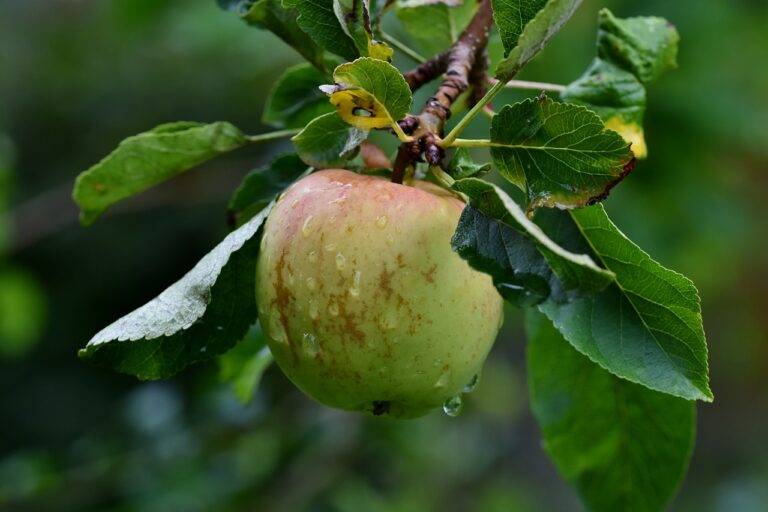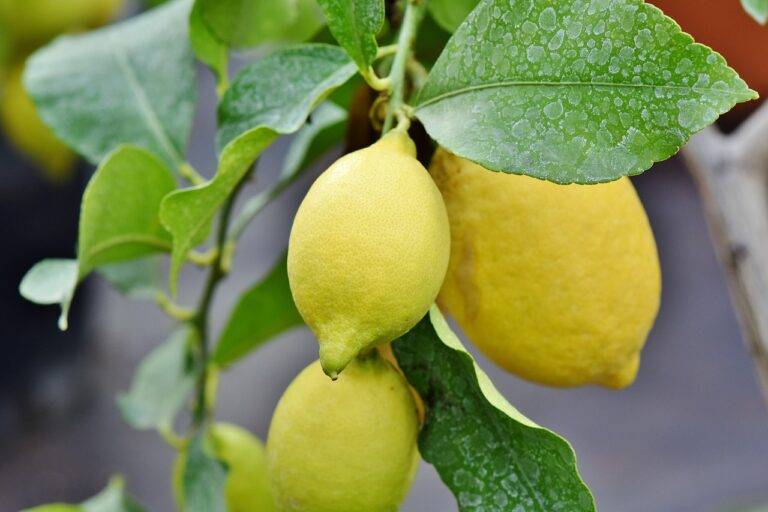Exploring the World of Sustainable Wine Production
In the realm of vineyard management, adopting sustainable practices has emerged as a crucial aspect in ensuring the long-term health of vineyards and the environment. By implementing sustainable techniques, vineyard owners aim to strike a balance between economic viability, environmental stewardship, and social responsibility. These practices encompass a wide range of strategies, including soil conservation, water management, biodiversity preservation, and integrated pest management.
One key component of sustainable vineyard management is the reduction of chemical inputs such as pesticides and fertilizers. Instead, many vineyard owners are turning to organic and biodynamic methods to enhance soil fertility, encourage natural pest control, and minimize the impact of farming activities on surrounding ecosystems. By prioritizing sustainability, vineyard managers not only safeguard the health of their vineyards but also contribute to a more resilient and ecologically friendly wine industry.
Benefits of Organic Farming in Wine Production
Organic farming in wine production offers various benefits that contribute to both the quality of the wine and the health of the environment. By avoiding the use of chemical pesticides and fertilizers, organic vineyards help to preserve the natural balance of the ecosystem and promote soil health. This sustainable approach not only leads to better tasting grapes but also ensures the long-term viability of the vineyard for future generations.
Furthermore, organic farming practices in wine production can enhance the overall biodiversity of the vineyard. By fostering a diverse range of plant and animal species, organic vineyards create a more resilient and dynamic ecosystem. This biodiversity not only supports the health of the vines but also contributes to the richness and complexity of the wines produced, reflecting the unique terroir of the vineyard.
Biodynamic Winemaking Techniques
Biodynamic winemaking techniques embrace a holistic approach to grape farming and wine production. This method emphasizes the interconnection between soil health, plant vitality, and lunar cycles. In biodynamic practices, vineyards are seen as living ecosystems where biodiversity and sustainability are prioritized.
One key aspect of biodynamic winemaking is the use of biodynamic preparations, which are made from natural materials like herbs, minerals, and animal manure. These preparations are applied to the soil and plants to enhance their vitality and resilience. Additionally, biodynamic winemakers follow a strict calendar based on lunar and celestial rhythms to guide their activities in the vineyard, aiming to harness the cosmic energies for the benefit of the vines.





